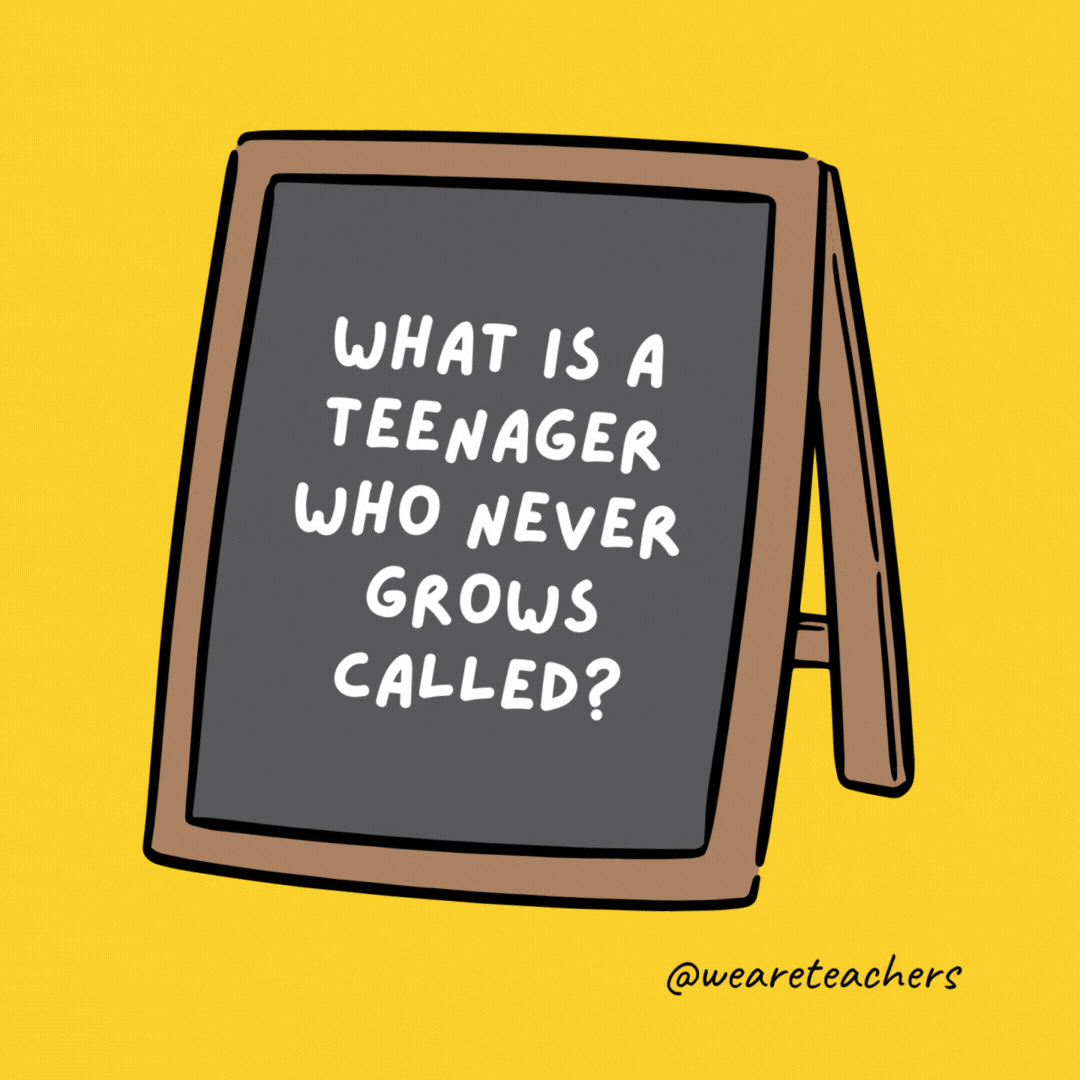Humor has long been recognized as a powerful tool for healing, but when it comes to sensitive subjects like 9/11 jokes, the boundary between laughter and offense can be extraordinarily delicate. The tragic events of September 11, 2001, left an indelible mark on the world, and for many, the topic remains deeply personal and painful. As time progresses, some people have started exploring humor as a method to process and cope with tragedy. This article delves into the intricacies of 9/11 jokes, examining their origins, how they are perceived, and the significance of context in humor.
The use of humor in response to tragedy is not unique to 9/11. Throughout history, societies have employed laughter to confront and make sense of difficult situations. While some might see 9/11 jokes as disrespectful, others contend that they can act as a form of catharsis, aiding individuals in processing their emotions. This article will explore the psychological and cultural dimensions of humor in the context of 9/11, while also addressing the ethical considerations involved.
By the conclusion of this article, you will gain a deeper comprehension of the role of humor in healing, the potential pitfalls of 9/11 jokes, and how to responsibly navigate this sensitive subject. Let’s explore the complexities of humor and its place in the aftermath of one of the most significant events in modern history.
Read also:How To Grow A Goatee At 16 A Comprehensive Guide For Teenagers
Table of Contents
- Understanding the Role of Humor in Healing
- The Historical Context of Humor in Tragedy
- Psychological Aspects of 9/11 Jokes
- Ethical Considerations in Humor
- Cultural Perspectives on 9/11 Humor
- Examples of 9/11 Jokes and Their Reception
- The Impact of Timing in Humor
- Media Representation of 9/11 Humor
- Educating About Sensitivity in Humor
- Conclusion: Finding the Right Balance
Understanding the Role of Humor in Healing
Humor plays an essential role in human psychology, serving as a coping mechanism during times of stress and trauma. In the context of 9/11 jokes, humor can be viewed as a way for individuals to regain control over their emotions. Research has demonstrated that laughter can reduce stress hormones and improve overall well-being, making it an invaluable tool in the healing process.
However, the efficacy of humor as a coping mechanism largely depends on the context and the audience. For some, 9/11 jokes may offer relief and connection, while for others, they may evoke anger or disrespect. Recognizing the diverse emotional responses to humor is crucial, and approaching the topic with sensitivity is paramount.
Why Do People Turn to Humor in Response to Tragedy?
- Humor helps dissipate tension and fosters a sense of normalcy.
- It allows individuals to process their emotions in a more approachable manner.
- Sharing laughter can build a sense of community and solidarity.
The Historical Context of Humor in Tragedy
Throughout history, humor has been utilized to address and cope with tragedy. From the dark humor of World War II to the satirical cartoons of the French Revolution, societies have consistently relied on laughter as a means of survival. The use of humor in response to 9/11 continues this tradition, reflecting the human need to find meaning and light in the darkest of times.
However, the historical context of 9/11 adds a layer of complexity to the discussion. Unlike other tragedies, the events of September 11 were broadcast live to a global audience, making the impact more immediate and widespread. This unique aspect of the tragedy has shaped the way people perceive and respond to 9/11 jokes.
How Has Humor Evolved Over Time?
- Early humor often centered around gallows humor and sarcasm.
- As time progressed, more sophisticated forms of humor emerged, reflecting evolving societal values.
- Today, humor in response to tragedy is often more self-aware and reflective.
Psychological Aspects of 9/11 Jokes
The psychological underpinnings of 9/11 jokes are multifaceted. On one hand, laughter can function as a defense mechanism, helping individuals distance themselves from the pain of the event. On the other hand, it can also serve as a way to confront and acknowledge the reality of the tragedy. Understanding the psychological motivations behind humor can aid in navigating this sensitive topic more effectively.
Studies indicate that humor can have both positive and negative effects on mental health. While it can alleviate stress and enhance mood, it can also alienate those who are not ready to laugh about the event. It is imperative to approach humor with an awareness of its potential impact on others.
Read also:Exploring The Rich Tapestry Of Hindi Movie Music
What Are the Psychological Benefits of Humor?
- Reduces stress and anxiety.
- Improves mood and overall well-being.
- Promotes social bonding and connection.
Ethical Considerations in Humor
When it comes to 9/11 jokes, ethical considerations must not be overlooked. The line between respectful humor and offensive jokes is often unclear, and it is essential to approach the topic with empathy and understanding. Ethical humor entails being mindful of the audience and the potential impact of the joke.
A key ethical principle in humor is the concept of "punching up" versus "punching down." Punching up involves targeting those in positions of power, while punching down targets vulnerable or marginalized groups. In the context of 9/11 jokes, it is important to consider who is being targeted and why.
How Can We Ensure Ethical Humor?
- Be considerate of the audience and their emotional state.
- Avoid targeting vulnerable groups or individuals.
- Use humor as a tool for reflection rather than ridicule.
Cultural Perspectives on 9/11 Humor
Cultural differences significantly influence how humor is perceived. What may be considered funny in one culture may be offensive in another. In the case of 9/11 jokes, cultural sensitivity is essential to avoid alienating or offending others. Understanding the cultural context of humor can help navigate this complex topic more effectively.
For example, in some cultures, humor is viewed as a way to challenge authority and provoke thought, while in others, it is seen as a form of disrespect. Recognizing these cultural differences can enhance our approach to humor with greater empathy and understanding.
How Do Cultural Differences Affect Humor?
- Humor may be used differently depending on cultural norms and values.
- Cultural sensitivity is crucial to avoiding offense or misunderstanding.
- Understanding cultural context can improve the effectiveness of humor.
Examples of 9/11 Jokes and Their Reception
Over the years, various 9/11 jokes have surfaced, each with its own reception. Some jokes have been met with laughter and acceptance, while others have sparked outrage and controversy. Examining specific examples can provide insight into the complexities of humor in response to tragedy.
For instance, a popular 9/11 joke involves a play on words, such as "Why did the twin towers get married? Because they had a lot in common!" While some find this joke amusing, others may view it as disrespectful. The reception of such jokes often depends on the individual's personal connection to the event and their cultural background.
What Are Some Common Types of 9/11 Jokes?
- Wordplay and puns.
- Satirical commentary.
- Self-deprecating humor.
The Impact of Timing in Humor
The timing of humor is critical when addressing sensitive topics like 9/11 jokes. What may be deemed inappropriate immediately after the event may become more acceptable as time passes. This phenomenon, known as the "time heals all wounds" effect, underscores the importance of context in humor.
Research shows that the emotional impact of humor diminishes over time, making it easier for people to laugh about events that were once too painful to address. However, this does not imply that all humor is appropriate at all times. It is essential to remain mindful of the audience and their emotional readiness to engage with humor.
How Does Timing Affect Humor?
- Immediate humor may be perceived as insensitive or inappropriate.
- As time progresses, humor may become more acceptable and even therapeutic.
- Timing can influence the reception and impact of humor.
Media Representation of 9/11 Humor
The media plays a pivotal role in shaping public perception of 9/11 jokes. How humor is portrayed in movies, television shows, and online platforms can influence how people view and respond to the topic. Media representation can either promote understanding and empathy or perpetuate stereotypes and misunderstandings.
For example, the popular sitcom "The Office" featured an episode that touched on 9/11 humor, eliciting both praise and criticism. The episode highlighted the complexities of humor in response to tragedy while encouraging viewers to approach the topic with sensitivity and respect.
How Does Media Influence Humor?
- Media can shape public perception and attitudes toward humor.
- Positive representation can promote understanding and empathy.
- Negative representation can perpetuate stereotypes and misunderstandings.
Educating About Sensitivity in Humor
Education is vital in fostering sensitivity and empathy in humor. By teaching individuals about the psychological and cultural aspects of humor, we can encourage more responsible and thoughtful approaches to sensitive topics like 9/11 jokes. Education can also help reduce misunderstandings and promote greater understanding between cultures and communities.
Schools and organizations can integrate lessons on humor and sensitivity into their curricula, providing students and employees with the tools they need to responsibly navigate complex topics. This can include discussions on the ethics of humor, the impact of cultural differences, and the importance of empathy in communication.
What Are Some Ways to Promote Sensitivity in Humor?
- Incorporate lessons on humor and sensitivity into educational programs.
- Encourage open discussions about the impact of humor on different cultures.
- Provide resources and support for individuals seeking to learn more about sensitive topics.
Conclusion: Finding the Right Balance
In summary, 9/11 jokes are a complex and sensitive topic that requires careful consideration and understanding. While humor can serve as a valuable tool for healing and coping, it is essential to approach it with empathy and respect for those who may be affected by the event. By acknowledging the psychological, cultural, and ethical aspects of humor, we can navigate this delicate balance more effectively.
We invite you to share your thoughts and experiences in the comments below. How do you approach humor in response to tragedy? What steps can we take to promote greater understanding and empathy in our interactions? Thank you for reading, and we hope this article has provided you with valuable insights into the role of humor in healing.


